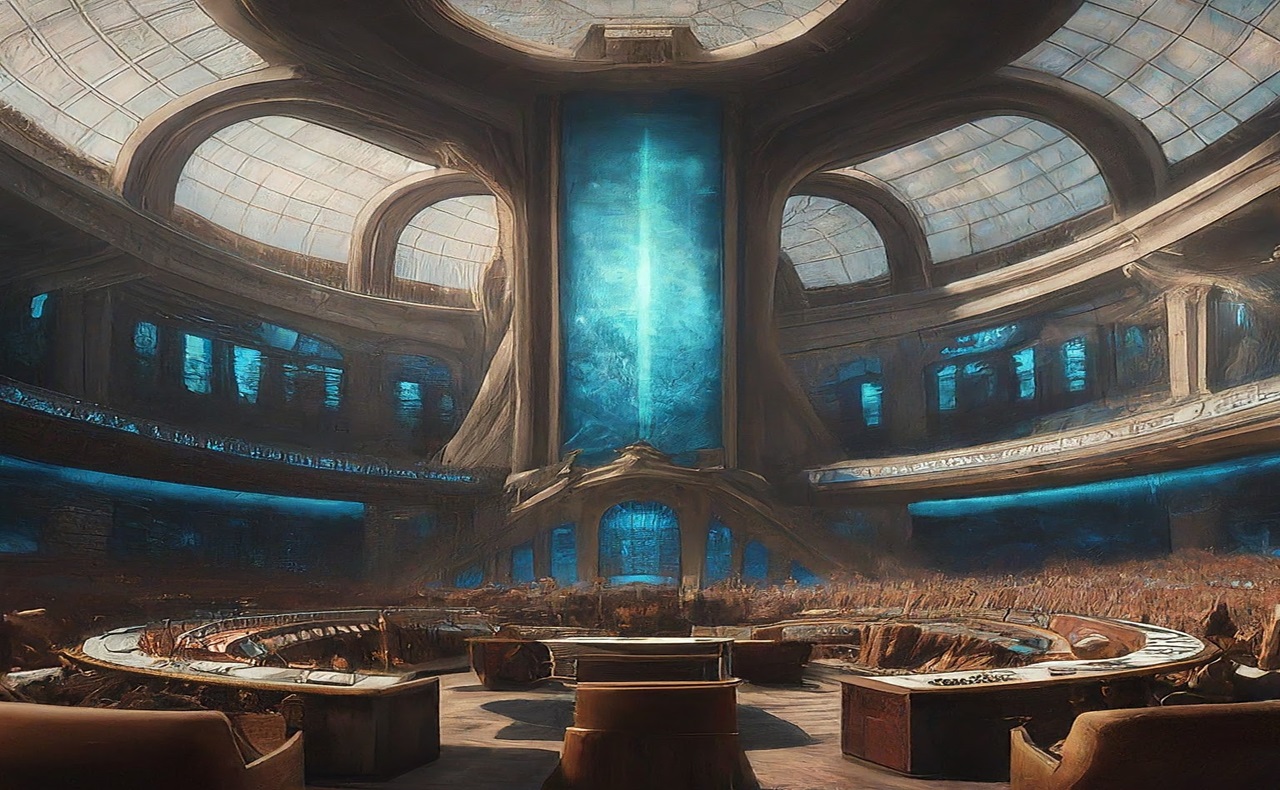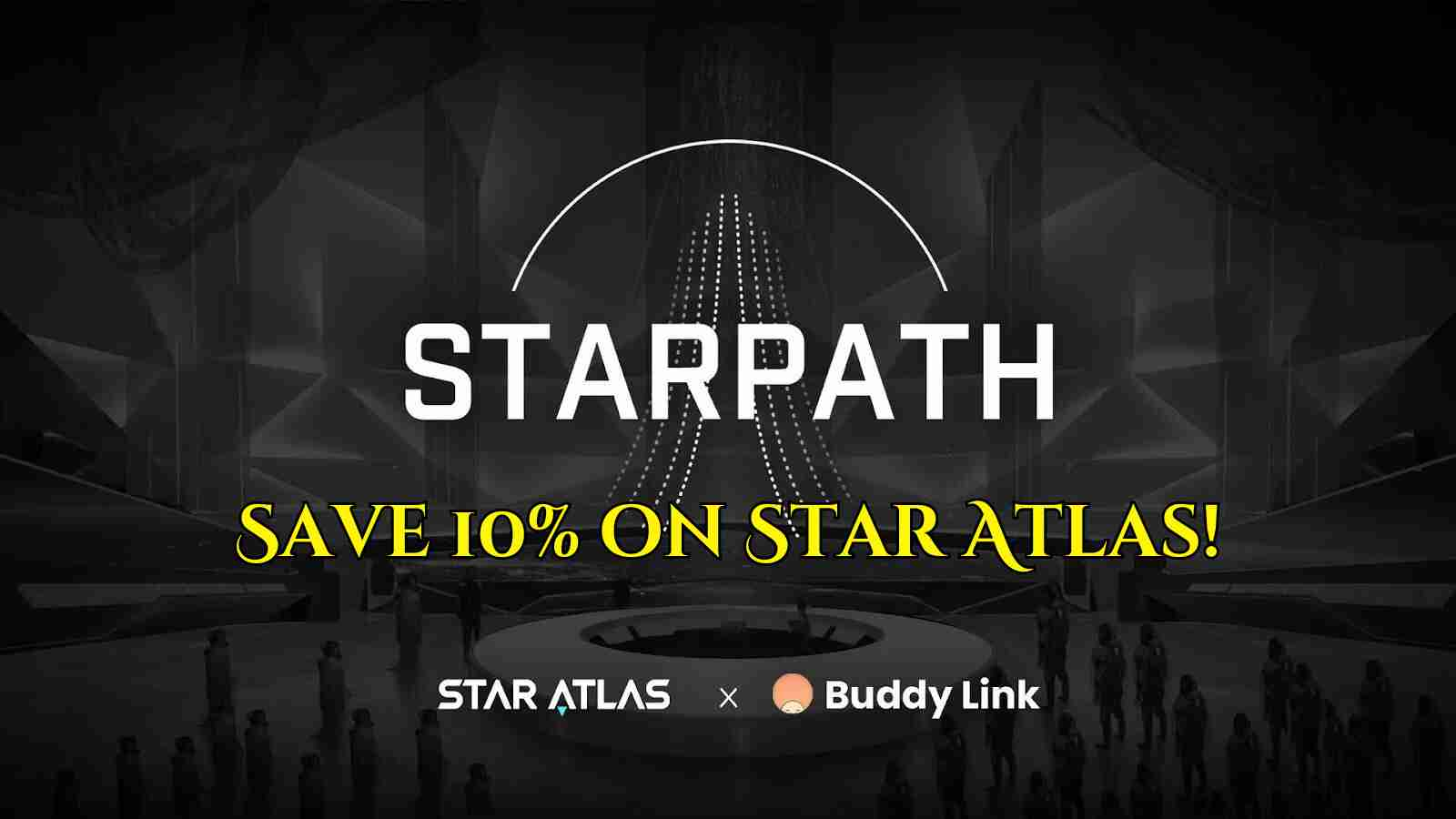Star Atlas DAO Proposals Spark Intense Debate on Governance
This past week, Star Atlas citizens headed to the voter box to vote on the first two governance proposals for the Star Atlas DAO. These two proposals lay the framework and foundation for all future governance actions for the Star Atlas DAO, akin to the foundational documents of any government.
With a little over a week remaining in the vote, intense debate rippled through the Star Atlas community over the first two proposals. While initial voting showed strong support for the first two proposals, a vocal minority in the community argued against the merits of the first two Star Atlas DAO bylaws known as PIP-I and PIP-II.
Concerns over centralized control of the Star Atlas DAO
The overarching concern of those against passing PIP-I and, in particular, PIP-II stem from the concern that the Star Atlas Foundation has unnecessary centralized procedural control over the laws that the Star Atlas DAO can pass. Specifically, the Star Atlas Foundation has the sole discretionary authority to veto any proposals passed by the DAO it deems negligent, illegal, or harmful to the DAO itself.
While the Foundation must provide a clear reasoning for any proposals that are denied, some argue that the sole discretion of the Foundation represents too much authority for a decentralized governance system. Adding to the concern of voters if the anonymity and appointment process of Star Atlas Foundation members.
The Star Atlas Foundation serves as a legal and regulatory overseer and executor of the Star Atlas DAO. The Foundation is currently serviced by Walkers Fiduciary based on the Cayman Islands. In the past, the Star Atlas Foundation consisted of three members, however its current board is a single anonymous member.
Supporters of PIP-I and PIP-II argue for strong and expedient governance
Other voters saw the need for an initial centralization of the DAO with the understanding that the DAO would become more decentralized over time. Supporters argued that a weak or overly-decentralized governance structure would hinder any momentum needed to get governance processes initiated.
Dan Park, legal counsel for ATMTA, also had this to say.
It [the Foundation] is, however, necessarily structured the way it is – with the ability to act independently of the DAO – for a variety of legal reasons, and as far as I know there is no other way around this without (1) a change in regulatory requirements and/or (2) technological advancements that make DAO operations purely autonomous without the need for any human intervention.
After directly discussing the setup of the Star Atlas DAO and Foundation directly with Park, voters who were originally against PIP-I and PIP-II switched to yes voters.
PIP-I and PIP-II discussions continue
With a week left in voting, supporters on both sides continue to raise points and counter-points for passage.
Here are some of the key points from the community discussion threads:
-
PIP 1:
- There is no minimum quorum defined for voting.
- There is no set time window for how long a PIP draft can be reviewed before a decision is made.
- How would an existing PIP be revised or revoked?
-
PIP 2:
- Should the power of the foundation be limited?
- Should there be multiple directors, not just one?
- The PIPs are rolled out in a way that people won’t read them due to limited time.
- The Foundation has too much power because they can veto anything after passage.
- Should the foundation start off with more limited power?
- The Foundation could be slow in implementing the Pips that were approved.
- POLIS voters should have an opportunity to override the foundation.
- There should be a time limit where the foundation can veto a past PIP.
Star Atlas citizens have until July 23rd to vote on PIP 1 and PIP 2. With 550 votes thus far, PIP-I is leading with 68% of PVP in favor of passage. PIP-II is in a similar position with 65% of PVP in favor of passage. A total of 25% of all available PVP has been allocated towards PIP-I and PIP-II, slightly above average for DAO systems. This is contrasted against approximately an 8% voter participation rate of approximately 6,300 eligible voters*.
We used data gathered from AEP Flipside to measure number of eligible voters filtered for locked POLIS above 100.
About the Author: Krigs
Star Atlas Discount

news via inbox
Get news from the Hologram first







[…] a historic day for Star Atlas governance, the citizens of Galia voted to pass the first two proposals for the Star Atlas DAO. Over the last two weeks, voters took to the figurative ballot box to cast their […]